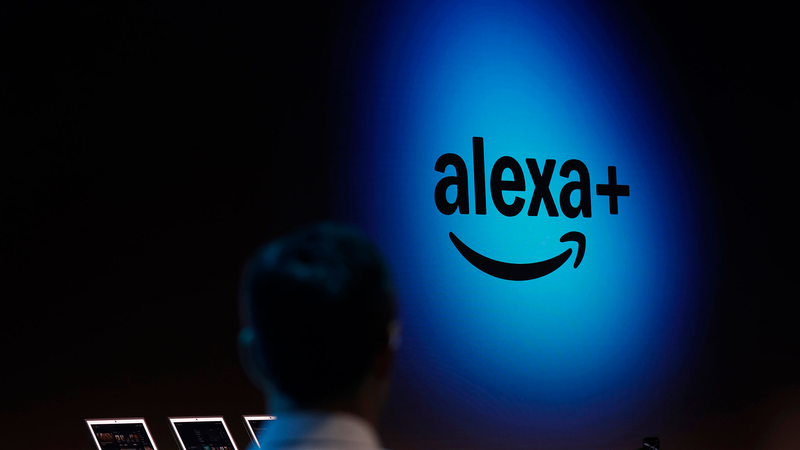Amazon on Friday announced a change to privacy settings on its Alexa-enabled devices, stirring debate among privacy advocates and tech enthusiasts across the globe.
Previously, select devices including the Echo Dot 4th generation, Echo Show 10, and Echo Show 15 allowed users to opt out of sending voice recordings to the cloud. With the latest update, this "do not send voice recordings" option has been replaced by a "do not save recordings" setting that processes voice data in the cloud before deleting it post-use.
Amazon claims that less than 0.03% of users had enabled the original privacy feature, though critics argue that the setting was buried in menus and not widely publicized, limiting genuine consumer choice.
This move underscores a broader tension between advancing AI capabilities and preserving user privacy—a trade-off echoed by similar shifts in smart assistants such as Google Assistant and Apple's Siri.
Notably, the recent changes contrast with standards seen on the Chinese mainland, where the Personal Information Protection Law (PIPL) mandates explicit consent for data collection and provides local storage options for sensitive data. Domestic smart assistants like Baidu’s Xiaodu and Alibaba’s Tmall Genie operate under these rigorous privacy requirements.
As digital innovation accelerates, the balance between cutting-edge AI development and robust privacy safeguards remains a critical issue for globally minded citizens, tech enthusiasts, and policymakers alike.
Observers will be watching closely as industry leaders navigate the evolving landscape of technology and privacy in an increasingly interconnected world.
Reference(s):
Amazon scraps Alexa privacy option for AI upgrade, raising concerns
cgtn.com



